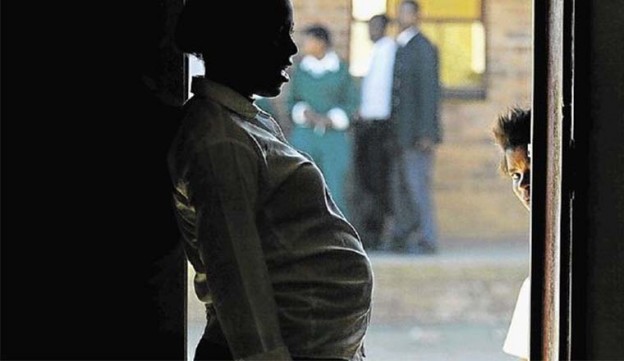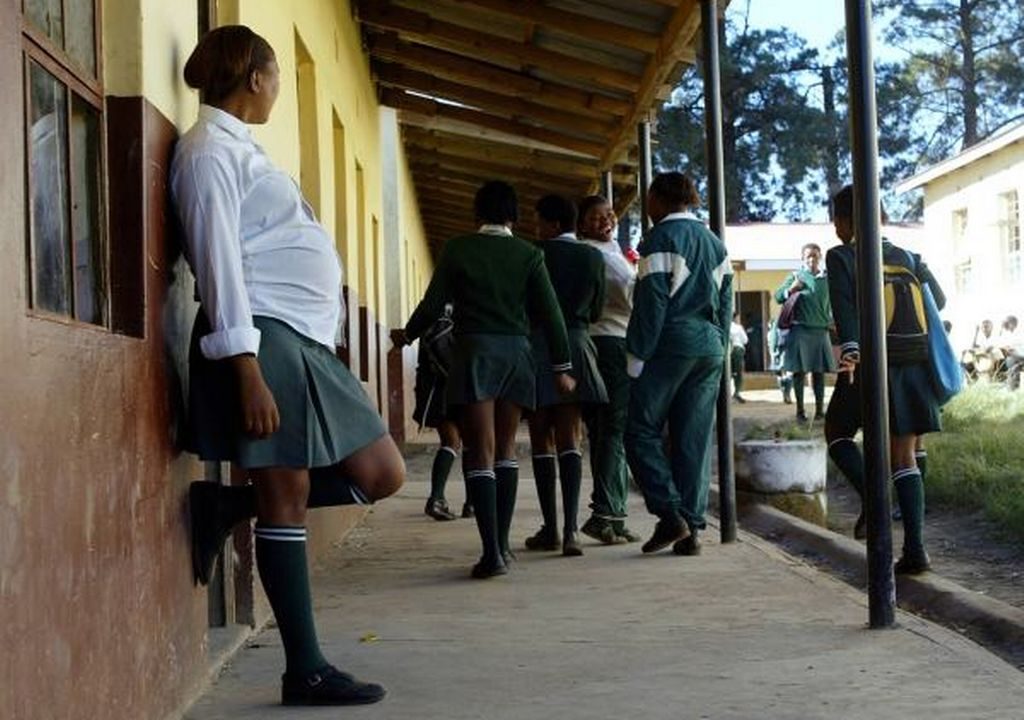The ‘shadow pandemic’ of teenage pregnancy following the lengthy closure of learning institutions due to Covid-19 can be blamed on young people being idle and engaging in sexual activity as a pastime and out of curiosity.

The closure of schools and the ensuing lockdown means that, for the vulnerable adolescent girl, the free school meal and sanitary towels are no longer available.
This situation raises the risk of transactional sex to meet these basic necessities and, sometimes, even support their families due to the prevailing loss of livelihoods in many homes. Additionally, reports blame many of the pregnancies to increased sexual violence against girls at home.
Teenage girls experience feelings of isolation, rejection by the family and the community, as well as the fear of childbirth and an uncertain future.
EXPERIENCING COMPLICATIONS
Teen mothers have a high chance of experiencing complications during delivery as they are uniquely vulnerable. The girls’ bodies are not fully developed for childbirth and they exhibit low health-seeking behaviours.
Complications during pregnancy and childbirth are the second-most common cause of death among 15-19-year-old girls. Further, their babies have a low likelihood of surviving as many carry the risk of being born pre-term with a low birth weight.
The challenge of managing the conflicting demands of schooling and childcare is then thrust upon the young mothers and their families and communities.
Upon school re-entry, teen mothers are faced with a hostile environment riddled with shame and stigma. Their ability to attain educational achievements is severely compromised, often resulting in school dropout.
ABSTINENCE
Sex education programmes that teach the benefits of abstinence and pregnancy prevention are essential. And this is the responsibility of parents and teachers.
The magnitude of this public health and social crisis cannot be overemphasised. Education, health, social services sectors, must all be fully engaged to deal with this crisis. The Ministry of Education must prepare to deal with post-pandemic school re-entry and continuation.
It must ensure that the policy guidelines are implemented and a workable framework to monitor and evaluate progress is in place.
At the ICPD+25, the government committed to ending teenage pregnancy by 2030. High-level intergovernmental committees were mobilised to develop and implement proven solutions.
These efforts ought to speak to the teen pregnancy crisis and anticipate what this means for the future of this nation socially, economically and otherwise.
Ms Koech is a public health expert specialised in women and adolescent health. [email protected]

